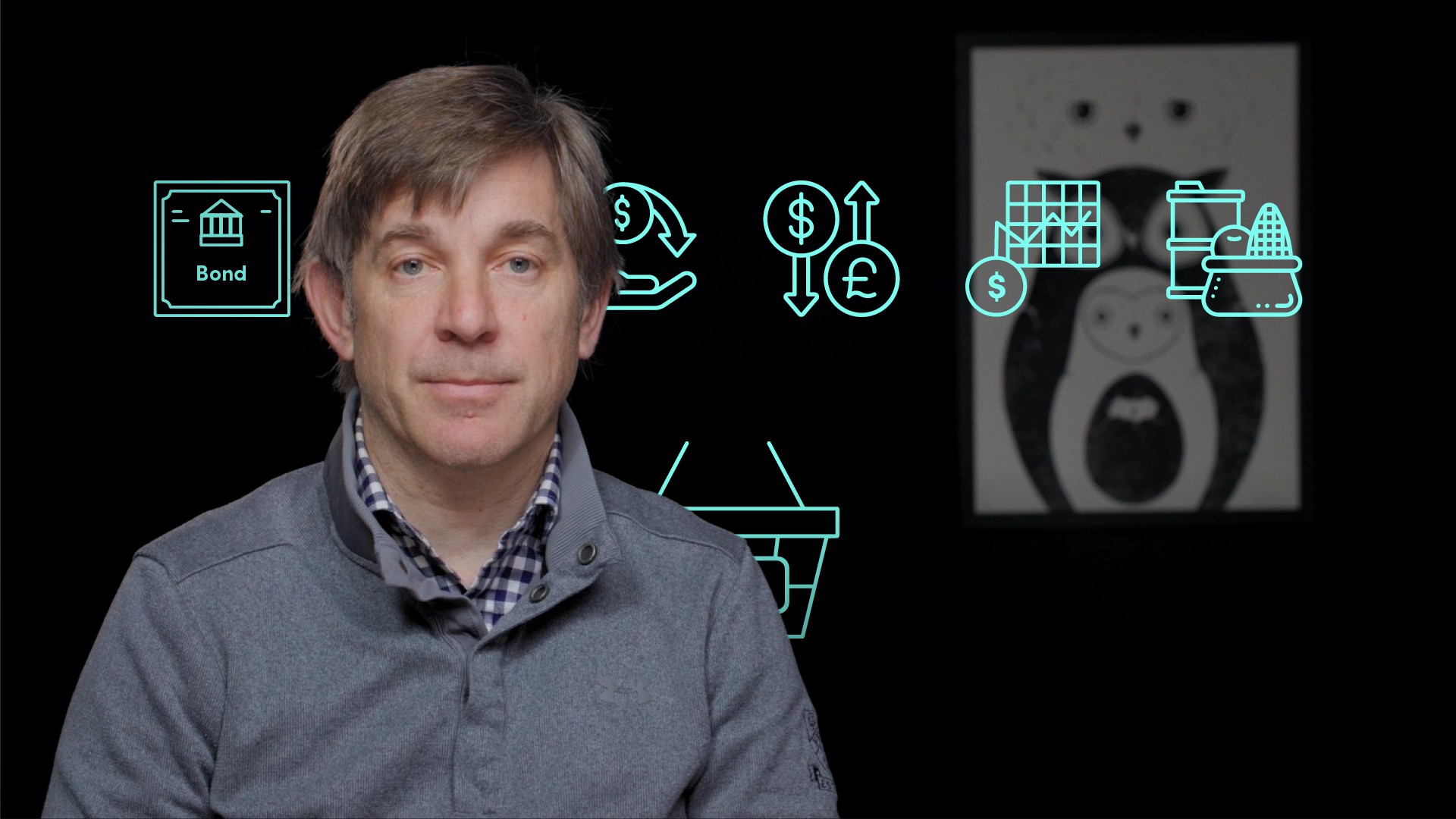
The Wider Banking Environment

Chris Blake
Director
This video will help you understand many of the different types of non-bank financial institutions and Financial market infrastructures that are of relevance to a bank Treasury and the activities of asset and liability management, alongside a proxy economic flow of funds showing how it all comes together in reality.
This video will help you understand many of the different types of non-bank financial institutions and Financial market infrastructures that are of relevance to a bank Treasury and the activities of asset and liability management, alongside a proxy economic flow of funds showing how it all comes together in reality.

The Wider Banking Environment
11 mins 36 secs
Key learning objectives:
Discuss the different types of non-bank financial institution that you find in markets
Understand the underlying market infrastructures that are of relevance to asset and liability management departments
Understand the flow of money around the system and how it interacts with these institutions
Overview:
This video introduces wholesale, or professional, financial institutions that are generally present within markets, outlining what they do and which economic outcome they are looking to achieve by doing it and how it all comes together.
What types of non-bank financial institutions exist?
- Fund manager and asset managers
- Pension funds
- Hedge funds
- Insurance companies
- Investment banks
What is an investment bank?
Investment banks, in their purist form, were not banks and so were not allowed to take deposits from the public. They therefore generally funded themselves with a combination of capital, issued debt, and secured borrowing. However, most are now housed inside commercial banks or have a bank holding company structure.
What are the activities undertaken by investment banks?
- They help governments and corporates access the primary market
- They find investors through price discovery
- They underwrite new issues
- They advise on Mergers and Acquisitions and possible restructurings
- They also advise and provide Derivative solutions
In addition to the above, they also make markets. They generally do this in the following cash and derivative markets.
- Bonds
- Equities
- Credit
- FX
- MM
- Commodities
What is an insurance company and what do they offer?
Insurance companies are large buyers of assets from the banking sector. They are big buyers of debt and equity, and their liabilities are medium term liabilities. They set their premiums to cover their pay-outs when insured events happen, plus a profit margin.
Insurance companies offer insurance to retail and corporate customers in return for a premium. This includes things like life insurance or non-life, which include car/house/theft.
What are the main risks for the insurance companies?
- Premiums are too low, compared to the pay-outs.
- Premiums invested are not liquid enough
What are Pension funds?
They manage people’s retirement savings- both defined contribution and defined benefit. They have very long term liabilities, which is the opposite of the banking sector and this gives them a risk called re-investment risk. They therefore try to invest in long term assets and are starting to invest more directly into real assets, rather than via the financial sector as an intermediary.
What is the role of an asset manager?
Asset managers (or fund managers and including hedge funds) take money from the public and turn these into investments, both equity and fixed income (known as bonds) which they generally call “units”.
Understand the proxy economic flow of funds, how it all comes together in reality.
- A corporate borrows money for an investment:
- To complete the investment, they spend money on wages with individuals creating income.
- Individuals are taxed by governments on the income they earn.
- Individuals spend some of their income with Corporates via buying services and goods.
- Individuals also invest money in pension funds, asset managers and insurance companies and save monies with commercial banks
- The governments spend with both individuals and corporates
- Pension funds/Asset Managers/ Insurance Companies buy investments provided by Investment banks on behalf of corporates, commercial banks and governments, amongst others.
What are FMI's and what do treasuries need to know about these?
FMI’s are not banks – They are a wider network of systems that support smooth processing of financial transactions such as cash payment and the settlement of securities transactions.
- Exchanges and Clearing Houses (CCCP) - These are market places where bonds, equities, currencies, commodities are bought and sold – e.g. London Stock Exchange and Chicago Mercantile Exchange (CME). They give price discovery and dissemination of prices.
- Central Securities Depositories (CSD’s) - These are Electronic registration of ownership of securities Mainly Euroclear and Clearstream, Crest and DTC in US. Previously securities were transferred physically and held in vaults, but now these are all undertaken on electric ledgers.
- Payment systems - All Cash payments are made through cash systems - e.g. Chaps, Fedwire, CLS, Faster Payments. A payment system means that you do not need cash to settle payments.

Chris Blake
There are no available Videos from "Chris Blake"

